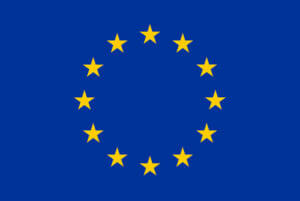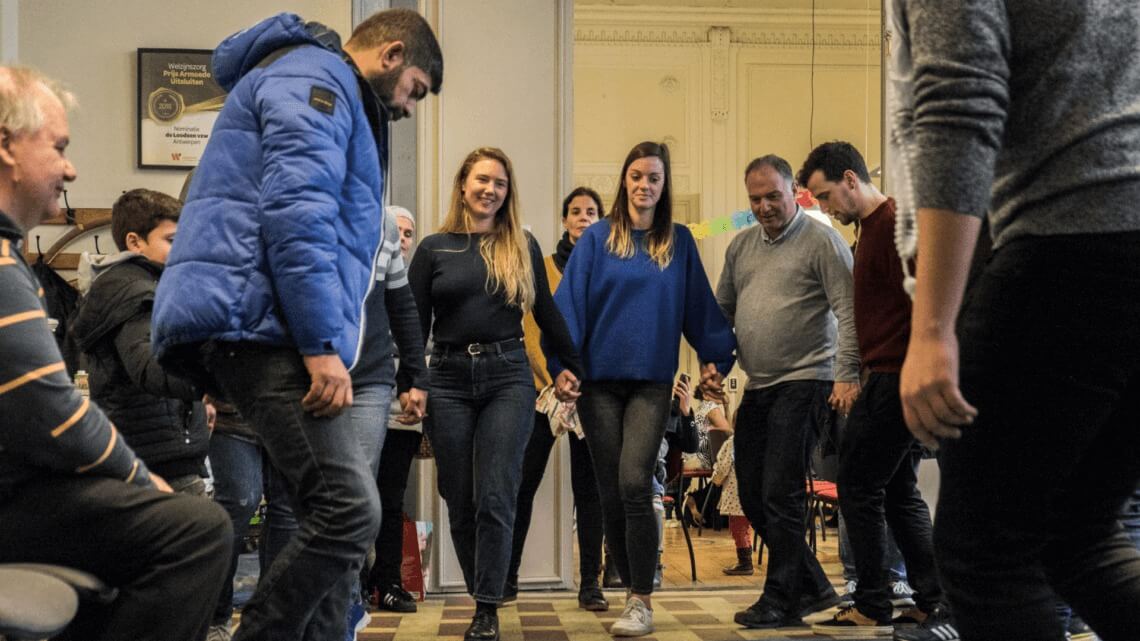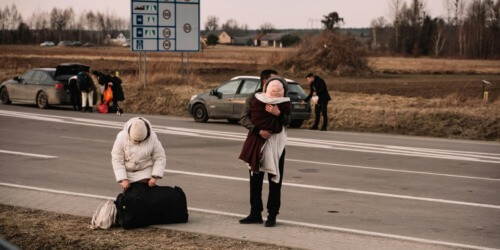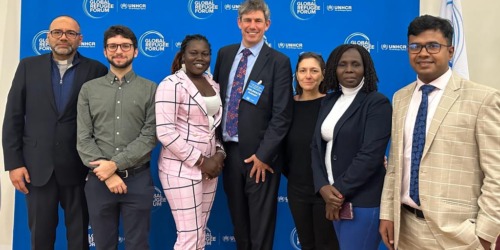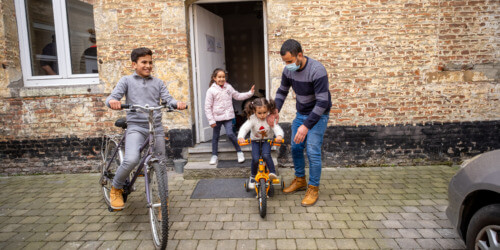What are these Global Compacts ?
The global compacts strive to create a global framework in order to harmonize and improve the governance of migration and refugees[1]. They are rooted in the Declaration of New York on refugees and migrants which was adopted by the member states of the United Nations on September 19, 2016.
Following this declaration, thematic discussions took place between member states and other interest groups, including the Caritas international network. The result? The two drafts of these compacts on the table today: one concerning refugees, and the other concerning safe, organized, and regular migration.
At the end of the year, UN members will have to agree on the shared rules. They can be seen as “rules of the game” in order to facilitate a global migration and refugee policy that is fair.
Opinion of the General Public
“What is Caritas doing in all of this?”, you must be wondering. In light of the negotiations that will take place next week in New York, the Belgian government has asked organizations rich in expertise and experience on these questions to comment on these two drafts. In fact, during the negotiation process, the position of member states is not the only one that counts. The general public plays a leading role in the discussions as well.
Caritas International has studied these two documents in partnership with other organizations like 11.11.11, CNCD, Vluchtelingenwerk Vlaanderen, OR.C.A, CIRÉ, and Orbit vzw. “We are rather positive, especially in regard to the Compact for Migration,” explains Tom Devriendt, coordinator of the Advocacy team at Caritas International.
The Global Refugee Compact is divided into two parts. The first one – the Global Action Framework for Refugees – is based on the following four pillars:
- Reception and welcome,
- Emergency and Sustainable Aid,
- Support to states and communities that welcome refugees,
- Sustainable Solutions
It contains a large number of principles that concern and involve the States. The second part – The Action Program[2] – whose draft we found in our mailbox last week, is the implementation of this Global Action Framework. To briefly sum it up, it ensures the implementation of all these wonderful principals.
The Global Compact for Migration[3] also lays out these great principals and commitments. In 22 objectives, the Global Compact lays out the basis for future cooperation between states in the domain of migration. Migration, as confirmed in the document, is a global affair which requires solidarity among states in order to guarantee coherent and humane policies.
What do we think ?
The draft of the Compact for Migration is both particularly and surprisingly ambitious and progressive. Tom Devriendt emphasizes, “With enthusiasm, we welcome the positive discourse and agree with the main message that migration contributes to sustainable development in both the country of origin and the destination country. It is also correct that migration is presented as a legitimate strategy of adaptation during natural disaster and other emergency situations.”
The objectives presented in the project constitute a good basis for better global governance of migration. The Global Compact echoes numerous principles that are at the heart of the work of NGOs like Caritas. “We endorse the significance of the human rights of all migrants – regardless of their status – and the focus on gender, children’s interests, and culture. We are satisfied with the importance attached to the actors of the general public, the diaspora, and local authorities. Everything fits, and the project proposes implementation and follow-ups that make sense,” summarizes Tom Devriendt.
Therefore, because of this message, as well as other recommendations – due to fact that all that glitters is not gold – we have passed them to the political leaders of the Belgian administration. “We are convinced that Belgium has an important role to play in the defense of the rights of vulnerable migrants and refugees in the coming weeks and months,” concludes Tom Devriendt.
The MIND project received financial support from the program of the European Union for Awareness and Development Education (DEAR). For more information, please click here. This content is the sole responsibility of Caritas International and does not necessarily reflect the views of the European Union.”
